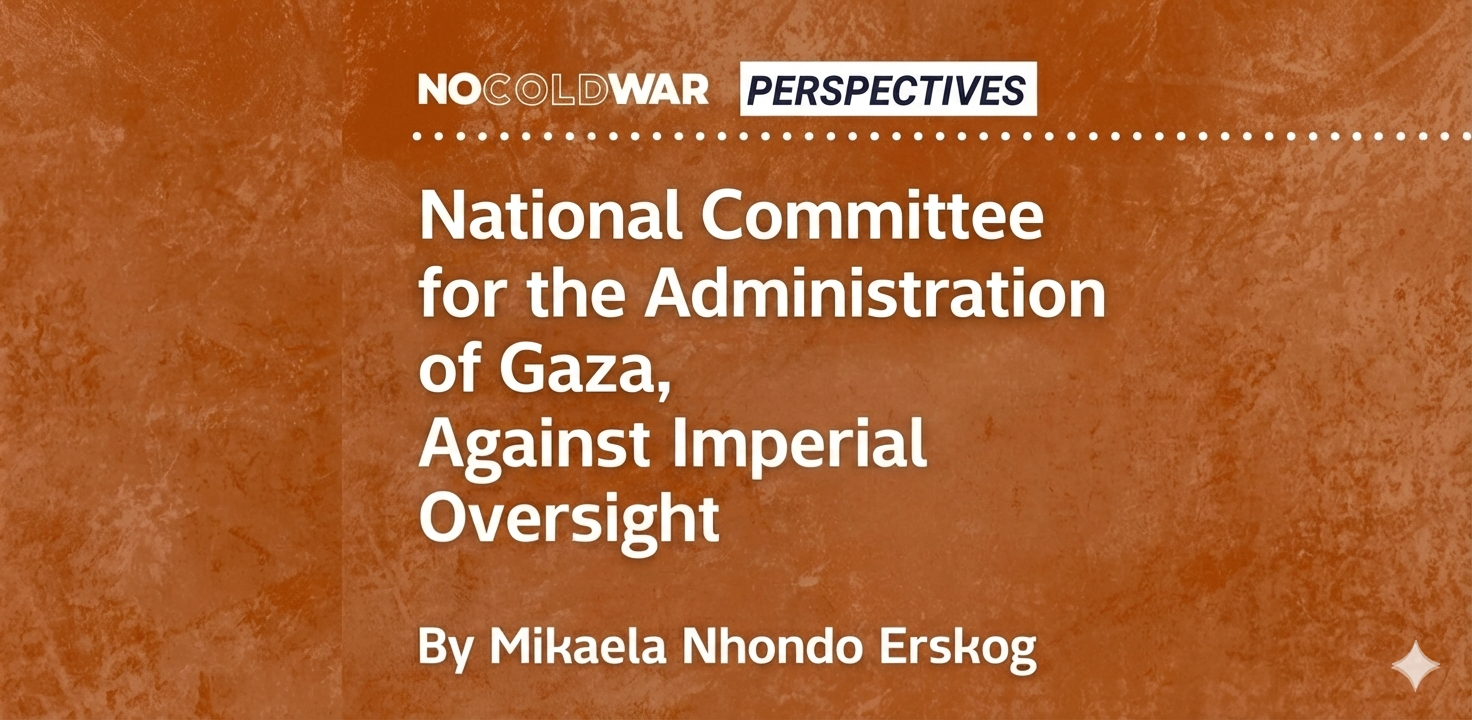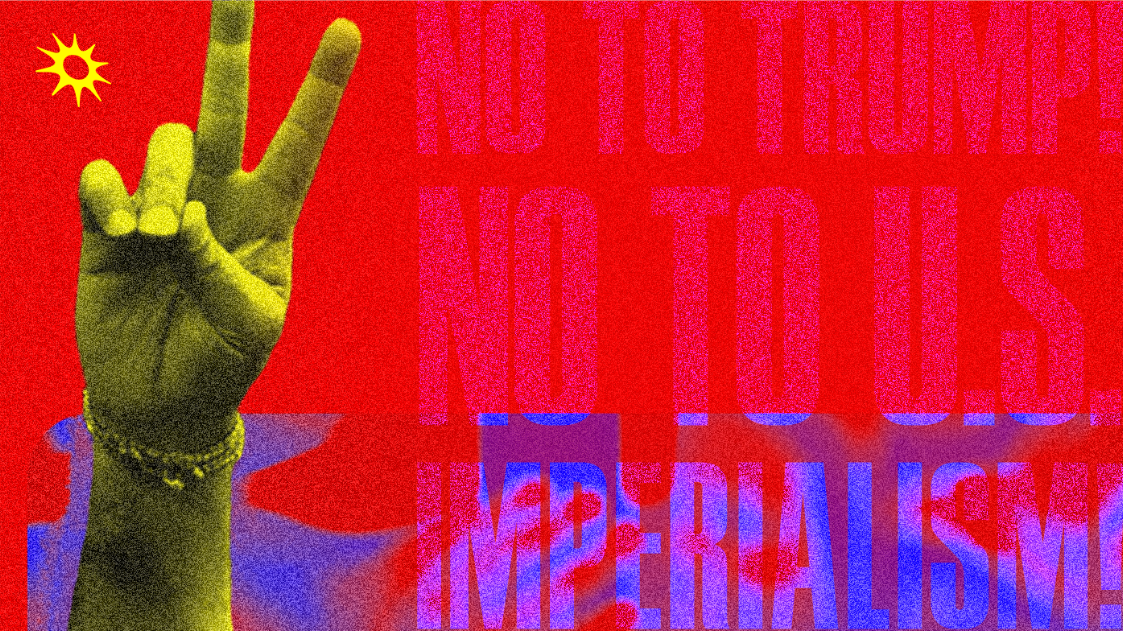“An economic agenda for the Left” – Dilemmas of Humanity

The International Dilemmas of Humanity Conference: Perspectives for Social Transformation took place from April 7–10, 2025, in São Paulo, Brazil. Over four days of debate, more than 70 intellectuals and leaders of popular movements from over 20 countries came together. As a key conclusion, the conference declared the urgent need for a new economic agenda — one that not only confronts today’s crises but also lays the foundation for a new world with a socialist horizon, rooted in social justice and the sovereignty of peoples.
To learn more about the main points discussed and the proposals for the future, we invite you to read the executive summary of the IV International Dilemmas of Humanity Conference:
An economic agenda for the Left
Humanity is facing a profound crisis of the capitalist system, reflected in war, poverty, hunger, inequality, and climate catastrophe. Rising geopolitical instability and the breakdown of global governance mechanisms indicate that reformist solutions of the past no longer address the challenges of the present. It is therefore urgent to formulate a new agenda that structurally confronts the problems generated by capitalism.
In recent years, this crisis has also been evident in the rise of the extreme right. Across Europe, the United States, South America, and South Asia, reactionary forces are gaining power. Their ascent is undermining prospects for transformation towards sustainable development, social justice, and a more equitable global order.
In this context, the debate on industrialization and development has regained momentum. However, it is essential that this process move beyond the replication of outdated models or a narrow focus on economic growth. The Global South must break free from the cycle of underdevelopment, dependency, and indebtedness imposed by capitalism in its imperialist phase.
It is in this spirit of transformation that we present the main pillars of an economic agenda discussed during our conference. This agenda seeks to confront current crises and to advance a new horizon of justice and sovereignty.
1. Economic policies grounded in human needs and environmental limits
Economic policy cannot be addressed in isolation. It must place human needs and environmental boundaries at the center of development strategies.
2. Reducing inequality and promoting autonomous development
Our political and economic program prioritizes the reduction of inequality and the promotion of development free from dependency, while strengthening democracy. Achieving this requires political power—extending beyond institutional spaces—and reforms that enable systemic change.
3. A comprehensive development strategy
Development must include all sectors of society and the economy, including agriculture, services, trade, infrastructure, and public facilities. Industrialization remains a key pathway to social and economic progress. However, it should serve human needs and not be treated as an end in itself. Public policy must reflect this principle.
4. Working and production conditions
A just industrial model must not rely on precarious, low-paid labor for export to the Global North. The objective is to produce and fairly distribute wealth. Strengthening South-South integration is also essential, with production systems that meet the internal needs of our populations.
5. Sovereignty over natural resources
Control over natural resources is fundamental to achieving autonomous development in the Global South. Energy sources and mineral wealth must serve public needs and support industrial strategies. To ensure this, these resources must be publicly owned and managed under democratic, state-led control.
6. Digital sovereignty
It is crucial to develop policies that ensure digital sovereignty, strengthen national technological infrastructure, and secure data as a strategic resource for development. Technology transfer and solidarity among nations of the Global South are key components of this process.
7. New partnerships and trade systems
Sustainable development in the Global South depends on building new partnerships and trade systems that move beyond the exploitative frameworks dominated by the Global North.
8. A new financial architecture
Given the deterioration of the current financial system, there is a need to build a new architecture. This includes strengthening regional institutions and creating viable alternatives to the SWIFT system.
9. Coherent fiscal and monetary policy
Development and industrial strategies must be supported by consistent fiscal and monetary policies. These policies should be designed to reinforce and sustain long-term objectives.
10. State reconstruction
States must be equipped to confront structural challenges and improve living conditions. Resources currently captured by financial speculation must be redirected toward productive sectors. This will generate employment, income, and sovereign development. States must be rebuilt to genuinely represent and serve the interests of their people.
We also propose a set of short-term measures that we consider fundamental to the debate and to building a new path towards development:
• Democratic control of the Central Bank, with a view to aligning its actions with the interests of national development and social justice.
• Development-oriented fiscal policy, with a focus on redistributing income and strengthening the role of the state as an inducer of collective well-being.
• Tax reform with social justice, making the richest contribute more and easing the burden on the poorest.
• Defense of nature and food sovereignty, through reforestation, water protection and the preservation of biodiversity.
• Strengthening regional integration, with support for organizations such as BRICS and CELAC, in search of a more sovereign and multipolar geopolitics.
• Transition to a new energy matrix, focused on social well-being and with less environmental impact.
• A popular agrarian program, with the aim of tackling land concentration, reducing dependence on commodities and promoting the production of healthy food and ecological production practices.
This minimum program, developed from the debates at the International Conference Dilemmas of Humanity: Perspectives for Social Transformation, represents only a preliminary stage in a broader process. Genuine social transformation cannot be achieved through isolated measures. It requires sustained popular mobilization and coordinated efforts among all actors committed to change. The program must be continually revised and enriched through active participation. Together, we must advance toward building a new economic and social model—one that centers nature and affirms the sovereignty of our peoples.


